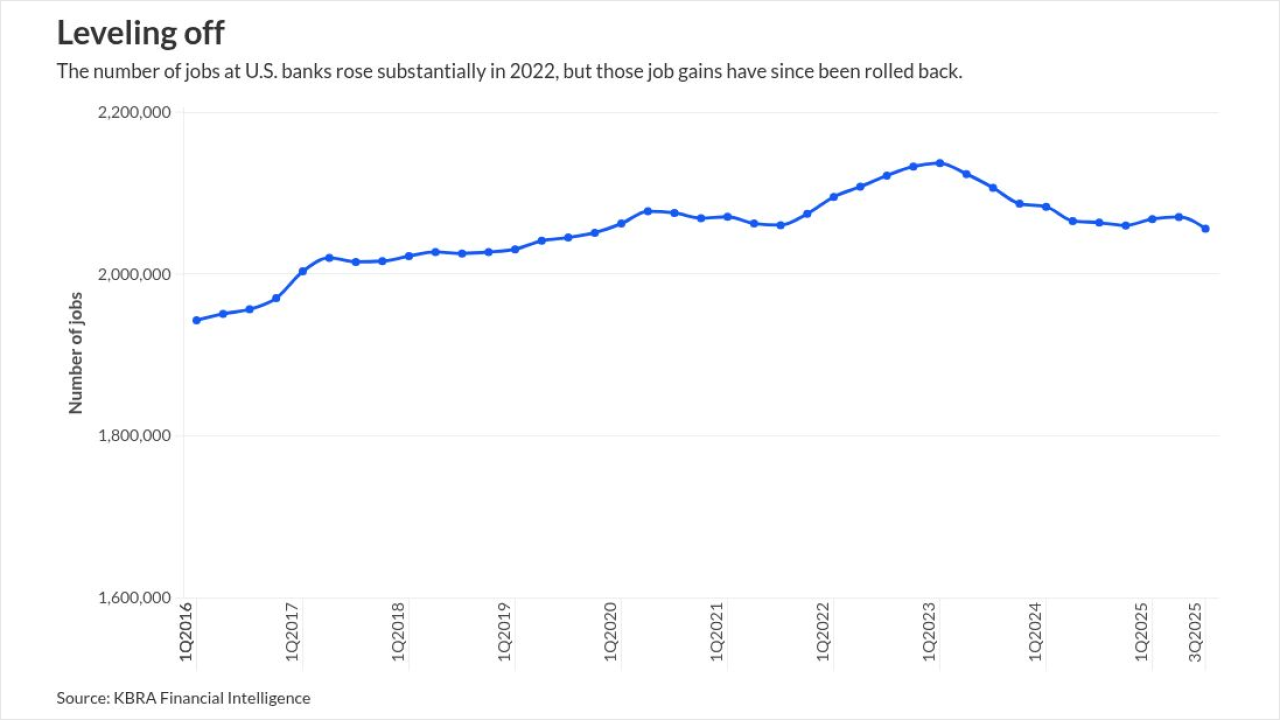In another attempt to improve relations with retailers, Visa U.S.A. says it plans to make the operating regulations governing its bank members directly available to merchants, provided they sign a nondisclosure agreement.
Merchants have complained for years about not knowing all the rules Visa and MasterCard Inc. set for things like resolving disputes over charges and the relations between merchant acquirers and card issuers. The retailers had to rely on the acquirers to explain such matters.
Rhonda Bentz, a spokeswoman for Visa, said some proprietary information, including pricing, will be redacted from the document that it will make available to merchants beginning Sept. 1. Other information will be left out for security reasons, she said.
MasterCard, of Purchase, N.Y., has published its rules governing merchants on its Web site since 2004, and those pertaining to member service providers since last year, but merchants say these disclosures do not provide a complete picture.
Visa, of San Francisco, is training its staff to field merchant inquiries, Ms. Bentz said. Access to the rules will benefit merchants that “have the ability to handle more sophisticated issues associated with transactions,” she said.
Unsurprisingly, merchant representatives dismissed Visa’s plan as a token action in the face of public pressure that has come in the form of lawsuits and congressional hearings (including one scheduled for Wednesday before the Senate Judiciary Committee).
“I think it’s one of the cosmetic moves both Visa and MasterCard have done to take some of the steam out of the merchants’ anger over how the system operates,” said K. Craig Wildfang, a partner at Robins, Kaplan, Miller & Ciresi LLP. He is the lead attorney representing the merchants suing Visa and MasterCard in the consolidated interchange lawsuit in the U.S. District Court for the Eastern District of New York.
Merchants have been frustrated about not completely knowing the rules, “but in the long run I don’t think the availability of rules is going to make much difference on how the competition works,” Mr. Wildfang said.
Mallory Duncan, the general counsel for the National Retail Federation, a Washington trade group, said he met last week with representatives of Visa and discussed the plan to release the rules to merchants.
“They’re making them available but subject to all sorts of restrictions,” he said. “If what we’re trying to get here is transparency, it sort of sounds like nontransparent transparency.”
Victoria Strayer, the vice president of business risk and compliance at the TSYS Acquiring Solutions unit of Total System Services Inc., welcomed the step.
Visa rules prohibiting acquirers from releasing to merchants the rules they must nevertheless abide by have “put the membership as well as the merchants in a little bit of a difficult situation, and what this does is allow them to specifically look at the operating regulations and understand what they mean,” Ms. Strayer said.
Bruce Cundiff, a research analyst for Javelin Strategy and Research in Pleasanton, Calif., said he did not think Visa’s move was primarily meant to appease merchants in the interchange fight.
“I just don’t see it as fully focused on interchange,” he said. “If it were just focused on interchange, then Visa would just simply release interchange numbers to merchants.”
Instead, he said, Visa may be trying to get more cooperation from merchants for things like the Payment Card Industry data security standard.
“I have found in my conversations with merchants that oftentimes there is so much information that you don’t have access to; that oftentimes you don’t know what you have to do to be compliant,” Mr. Cundiff said.
Visa’s move may pose a problem for acquirers and processors, because if large merchants know the network’s regulations, they could do some of the processing themselves, he said.





